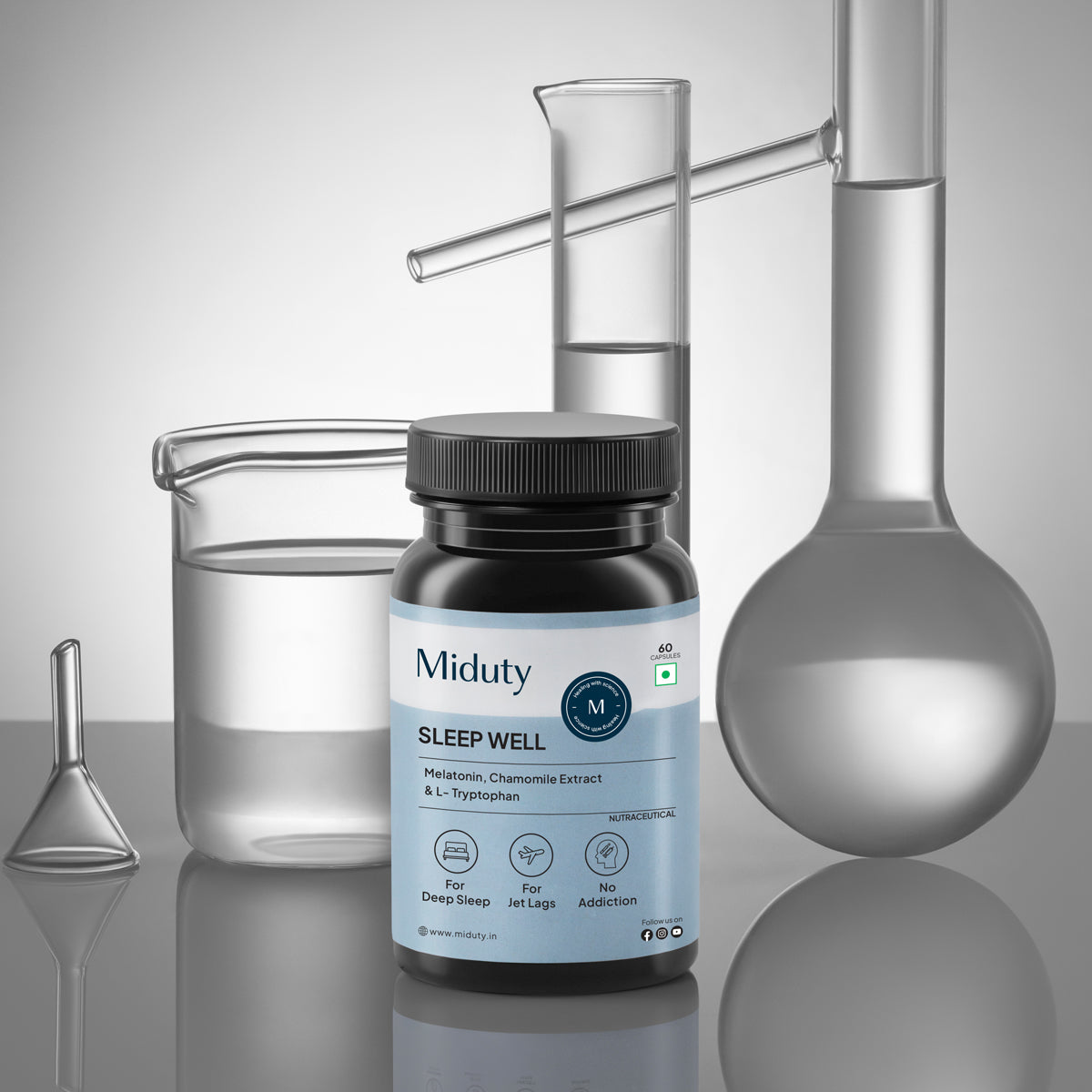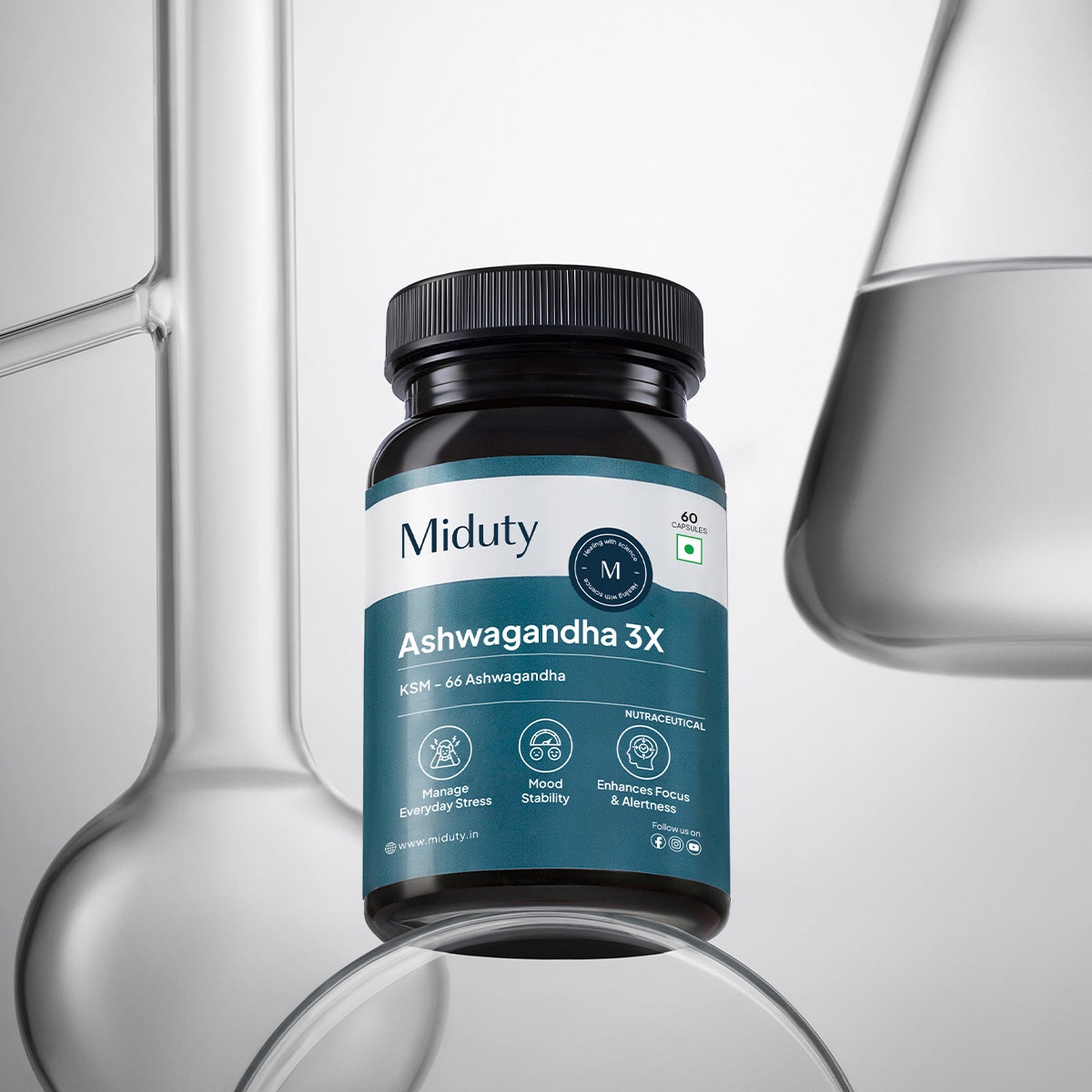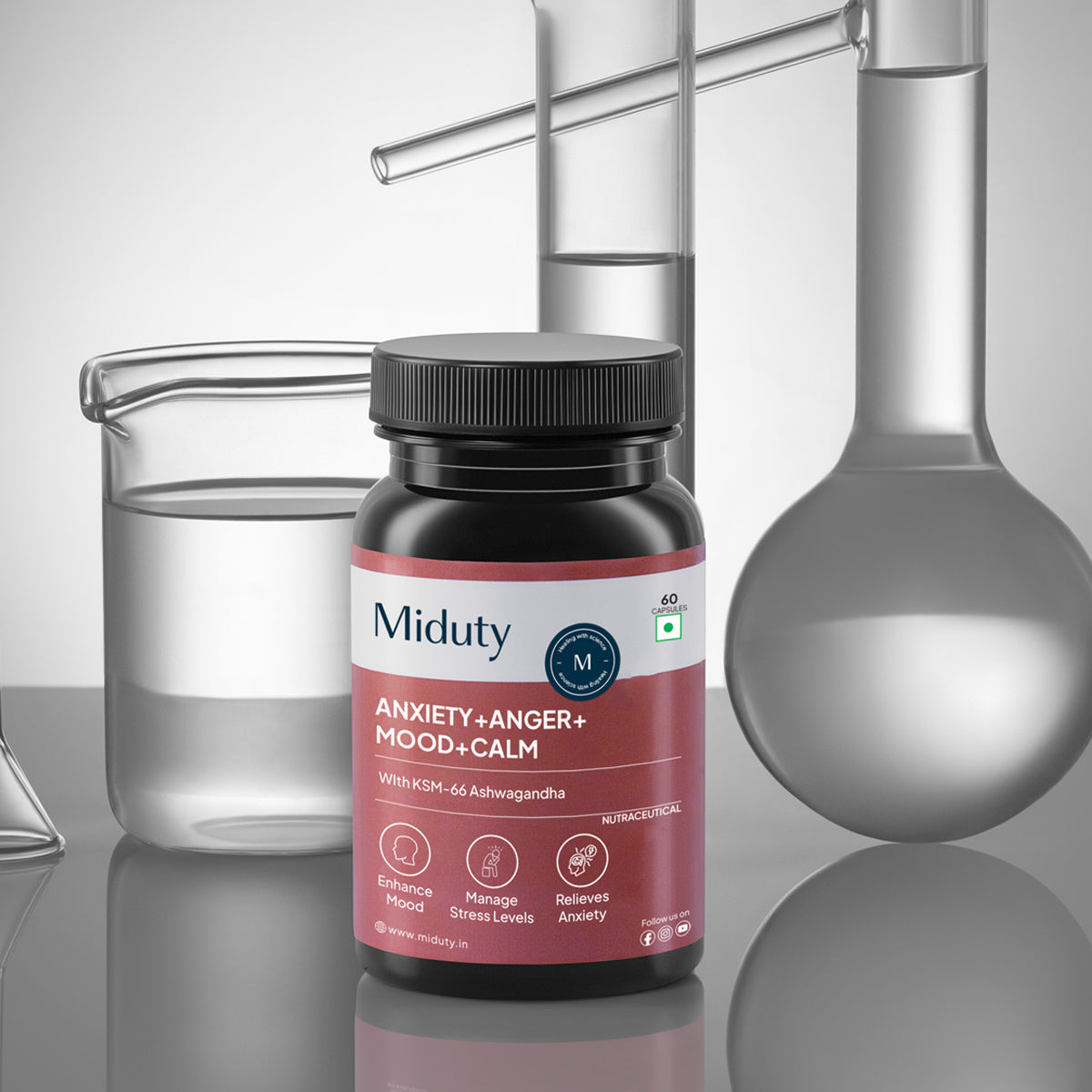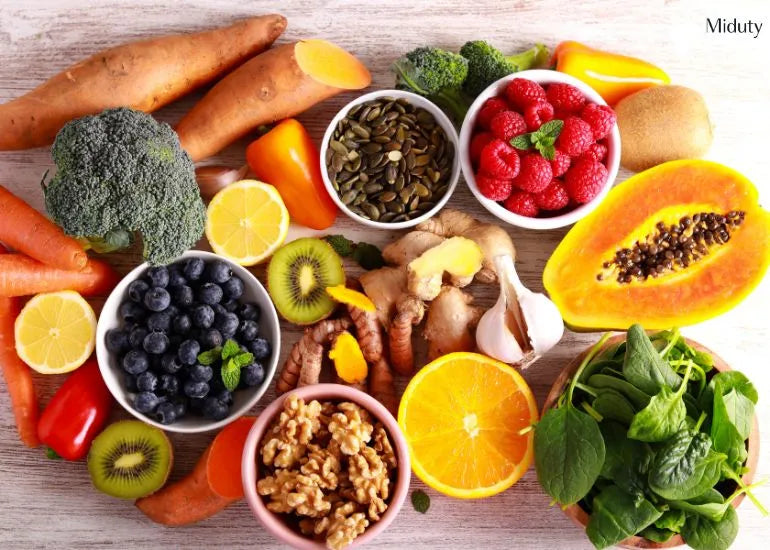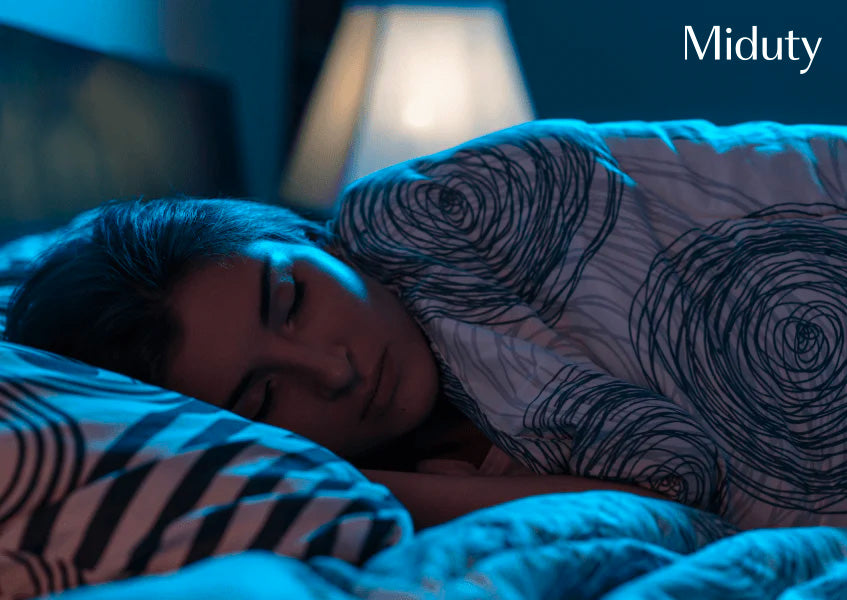
How to Get Better Sleep: The Most Powerful Step Toward Better Health
- Learning how to get better sleep is one of the best things that you can do for your health.
- Simple lifestyle changes such as changing when you drink caffeine and exercise can help you to sleep better. Learn more tips to improve your sleep.
- Did you know that sleeping well helps you to lose weight? 98% of your fat is burned during deep sleep.
If waking up every morning is a struggle, I'm sure you've asked the question "How to get better sleep". Many people are going through life tired and are struggling to keep up with the demands that daily life places on them. If you are one of these people, this article is for you. Only those who want to kick more ass in life and be a superhero understand the importance of sleep.
The deeper you sleep the less sleep you need and who doesn't want that extra 2-3 hours per day to achieve more. Before you say, "but I do get enough sleep, 8 hours every night", consider sleep quality. I know that feeling when you hit the snooze button even though you've slept for more than 7 hours. That feeling of guilt. I have been there lots of time.
I used to beat myself up to get up at 6 in the morning, then felt like crap the whole day. The problem was, I was sleeping enough, but not sleeping well.
The Importance Of Sleeping Well
Waking up during the night, or sleeping restlessly is a problem for many people. Our deep sleep cycles are very necessary along with our REM (Rapid Eye Movements) phases which is the phase where we dream. But some people may struggle to fall into a deep sleep and are easily woken up. Feeling like you always need more sleep is a sign that something is wrong.
Whenever you get the chance, you might find yourself sleeping in to try and catch up on the sleep that you've been missing out on, but it turns out that sleeping for longer than around 7.5 hours is also not good for you. If you are "sleeping" for a full 7 or 8 hours but your sleep quality is poor, the actual amount of proper sleep that you get is less than even 5 hours.
In fact, this study shows that you can have as little as 5-6 hours of sleep a night, and as long as you have slept well even that little is beneficial. That being said, everyone is different, so it depends on how your body reacts to the amount of quality sleep you get. Most people should be getting between 5 and 7.5 hours of good quality sleep a night, 6.5 hours being the ideal.
What Sleep Deprivation Does To You

- Low energy levels.
- An increase in ghrelin (your hunger hormone) which makes you feel hungry all the time.
- Leptin levels decrease. This is the hormone that lets your brain know that you are full.
- Weight gain, due to an increase in ghrelin and a decrease in insulin sensitivity.
- A drop in IQ, you will struggle to remember things, to solve problems and think clearly.
- Other hormones are also affected, for example, testosterone.
- Learning new skills is more difficult, especially motor skills (e.g sewing and hammering a nail into something both require motor skills).
- You will be more inclined to make mistakes, not only mentally but physically too because of reduced motor control.
- Athletic performance decreases.
- Weakens your immune system. Got the flu, check out natural remedies here to treat it here.
- Makes it harder for your body to heal if you are already sick.
- Poor stress response which can result in adrenal fatigue over time.
The Benefits Of Good Quality Sleep
Basically the opposite of the effects of too little sleep. Sleep is important for your overall health:
- You will have more energy throughout the day.
- Your hormones are less likely to be imbalanced.
- Your mind will be sharper, your ability to take in and analyze information much better.
- You are able to recall things better.
- Your motor skills are better and your ability to learn new motor skills is increased by 20%.
- Your immune system and healing are improved.
- You will be able to exercise better and have increased athletic performance.
- Your skin will be healthy.
- You will be able to maintain a healthy weight or lose weight easier. According to Dr. Eric Berg, 98% of your fat is burned during deep sleep.
- Your blood sugar levels will be more stable.
The Truth About Sleeping Pills
If you are asking how to get better sleep in less time, a sleeping pill might seem like the best way to achieve better sleep quickly and easily if you are struggling, but this is not the case. In fact, it can be more detrimental to your health:
- Sleeping pills mask the underlying cause of your poor sleep quality.
- They will leave you feeling groggy throughout the next day instead of refreshed.
- Using sleeping pills increases your risk of diseases and mortality because of them, even when taking less than 18 pills a year. That includes over-the-counter pills like sedative antihistamines.
- There is a risk of side effects like depression, sleepwalking, and even worse, sleep driving.
- All of this for only a few extra minutes (11.4 minutes) of sleep a night.
- These pills can lead to a dependency if taken for long periods of time, meaning that you will not be able to fall asleep or even stay asleep without them.
With a few simple changes, you can make sure that you get better quality sleep. I never knew that implementing these very simple, yet easy to follow sleep routine can make a huge difference. But I can assure you that they do.
How To Get Better Sleep Naturally
Just like if you want to eat better, you need to plan on the weekend the groceries for the entire week and you plan your meals in the morning for the entire day. Just like that sleep routine needs little pre-planning and the good news is that it is so easy that anyone who understands the importance of sleep will implement these changes after reading this article.
1. Avoid Exposure To LED Light 2 Hours Before Bed
Our body has its own circadian rhythm. Our hunter-gatherer ancestors had all the energy to chase their food, kill it and then eat it. In the evening our body should get the signal that it is now getting dark so that it can produce a hormone called melatonin, which is responsible for putting us in sleep mode.
LED screens emit a blue light which is especially disturbing to your circadian rhythm just as sitting in a room with very bright lights before bed can be. Your brain does not get the signal that it is time to wind down when this happens.
2. Sleep In A Pitch Dark Room

Any light entering your bedroom, including the light emitted by any electronics, can mess up your circadian rhythm no matter how small they are. This is because the brain is still aware that there is light and gets the signal that it is not time to sleep yet. I even make sure that when I go on holiday that I have a pitch dark room in the hotel. I use insulation tape to cover the little LED´s or use a sleeping eye mask.
3. No Caffeine After 6 pm
A lot of people drink a cup of coffee to get them through that last bit of the afternoon, but even those cups of coffee can affect your sleep cycle. After 6 pm is a safe cut off time to ensure that you are able to get to sleep later. If this does not help and you are implementing the other changes, you may want to try an earlier cut-off time like 4 pm, or if you are sensitive to caffeine, 2 pm or earlier.
4. No Alcohol 3 Hours Before Bed
While that nightcap can help you to fall asleep faster, your quality of sleep is drastically affected. Alcohol makes you restless so your body and mind don't get the rest that they need. Another problem is that alcohol is seen by the body as a poison causing a diuretic effect, meaning you go to the toilet more often.
You may find yourself waking up in the middle of the night to use the toilet. Depending on your body, you may benefit from cutting any liquids 1-2 hours before bed to prevent needing to get up in the middle of the night to use the toilet.
5. No Hard Exercise 2 Hours Before Bed
When you do exercise like cardio or weights, your adrenaline is pumping, your heart rate is up, your muscles are working hard, and you are sweating. This does not help your body to wind down. While exercise is great for busting stress, the wrong kind before bed can keep you wide awake for hours. Simple yoga, some gentle stretching, or breathing exercises are fine.
Your heart rate won't go up too much and your muscles and mind will become relaxed which can actually help you to fall asleep more easily and to sleep well. Meditation is also very effective at reducing stress and much more.
6. Calming Teas
Chamomile tea is well known as a remedy to reduce stress and help with sleeplessness. I take 200 mg magnesium 100 mg potassium and collagen protein and raw honey at night with chamomile tea. My tea is not very hot as that can kill delicate enzymes in the raw honey and this has deepened my sleep a lot. This way my body has all the building block it needs to do the repairing at night.
Kava is another herb that relieves stress and improves sleep and it does it better than chamomile tea. In high doses, studies have shown that it can be harmful, but in smaller doses, such as 120 mg used in this study it is a very helpful supplement. You can find it in supplement form or tea. Some people find the tea more effective.
Valerian is another herb that has been used for centuries and in the study for the kava, it was shown to be effective by itself or in combination with the kava. You can also try this tea with a blend of chamomile, kava, valerian, lavender, and other herbs known to help you de-stress and sleep well. If you were wondering how to get better sleep better and Faster, this might just be it for you.
7. Eat Foods High In L-Tryptophan
L-Tryptophan, an amino acid, is a precursor to both melatonin and serotonin. This means that your body uses L-tryptophan to make these hormones/ neurotransmitters. Serotonin is also a hormone that helps you to sleep and prevent depression and anxiety.
Foods high in L-tryptophan include:
- Eggs
- Potatoes
- Raw Dairy
- Grass-fed beef
- Grass-fed lamb
- Free-range chicken and turkey
- Wild-caught fish, especially salmon
- Sesame seeds
- Spirulina
You can also try a tryptophan supplement. 1-2 g at bedtime is helpful.
8. Keep The Temperature Below 70°F/ 21°C
In fact, the optimum temperature for your room to be is between 60°F/ 15.5°C and 67°F/ 19°C. This is because your body's temperature is adjusted to facilitate sleep, but if your bedroom is too warm or too cool you can become restless and struggle to sleep. Anyone who has found themselves sweaty and tossing and turning to find a cooler position will know that, just as those who find themselves shivering and getting up for more blankets or extra layers of pyjamas will.
If you don't have an aircon, try a fan in summer and use light cotton bedding and pajamas to keep cool and in winter, fleece blankets can really help.
9. Essential Oils

Wondering how to get better sleep in less time? Essential oils. Essential oils, particularly when used in aromatherapy, are very helpful to help soothe you and help you to fall asleep faster.
The Best Essential Oils For Sleep Are:
- Lavender
- Ylang Ylang
- Frankincense
- Roman Chamomile
- Vetiver
- Marjoram
- Bergamont
- Cedarwood
- Sandalwood
You can add a few drops to a diffuser when you go to bed put it on, or burn the oil on an oil burner before bed, but don't leave it burning during the night. You can also mix 10-20 drops of essential oil per 50 ml of carrier oil and rub it on your hands and feet.
Good Carrier Oils:
- Coconut oil
- Almond oil
- Grapeseed oil
- Sesame oil
- Jojoba oil
10. Put Your Phone In Airplane Mode
Cellphones, and in particular, smartphones can become addictive. They are always switched on and we use them for work, social media, family, friends, games, and make use of various other games. They have become addictive in this day and age and along with this addiction comes sleeplessness and anxiety. Just as these phones are always up and running, so are our minds along with them.
Not just this, but the EMF radiation also interferes with your sleep and can cause other side effects such as restlessness and anxiety. Put your phone on airplane mode when you are asleep to keep your bedroom free from this radiation. For more information on EMF radiation and how to reduce your exposure, read this article.
11. Go To Bed Before 11 pm
After 11 pm, your body releases more stress hormones. Even if you are going to bed late and waking up late, because of the way the phases of sleep work you will be getting less deep sleep than someone who goes to bed early and rises early. It can also mess up your circadian rhythm which can lead to insomnia and even depression.
Melatonin And Serotonin Supplementation
If you have followed all these tips and there is still no improvement, it can be that you are struggling with stress, have an underlying condition, or perhaps an imbalance in your hormones. Though very rare, the imbalance can be with melatonin and more commonly serotonin. Your doctor can run tests to see if this is the case.
Melatonin and serotonin supplements are only available on prescription. With regards to melatonin, it must be noted that it helps to reset your circadian rhythm. It does not work the way a sleeping pill would work. It can also cause a dependency and side effects like nausea and headaches. If not used as directed it can be a safety concern, so never take melatonin before driving, using machinery, cooking, or bathing.
Serotonin is less likely to cause a dependency and can also help you to sleep. A lack of serotonin is often the cause of depression, so you may find that if you are struggling with depression your psychiatrist may prescribe medication to help with this.
Conclusion
6.5 hours of good quality sleep is ideal. The benefits of enough good quality sleep include more energy, better immune system, healthier stress levels, improved ability to learn and solve problems, and weight loss.
Not getting enough sleep can lead to developing diseases, getting sick more often, obesity, low energy levels, and impaired ability to concentrate.
Easy changes you can make is to stop using cell phones, computers, and watching television 2 hours before bed, sleep in a pitch dark room, eat foods that contain tryptophan like, fish, poultry, beef, sesame seeds, and eggs.
Aromatherapy can also help you to sleep, use lavender, ylang-ylang, roman chamomile, or bergamot essential oil. Cut caffeine after 6 pm, and cut alcohol and other liquids at 2 hours before bed. Only do a gentle exercise like yoga or breathing exercises before bed.
Chamomile, kava, or valerian tea can help you to fall asleep more easily.


